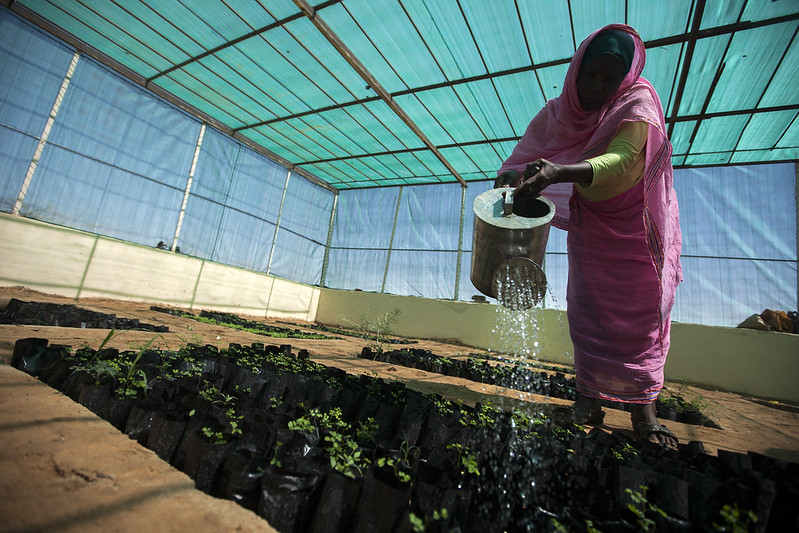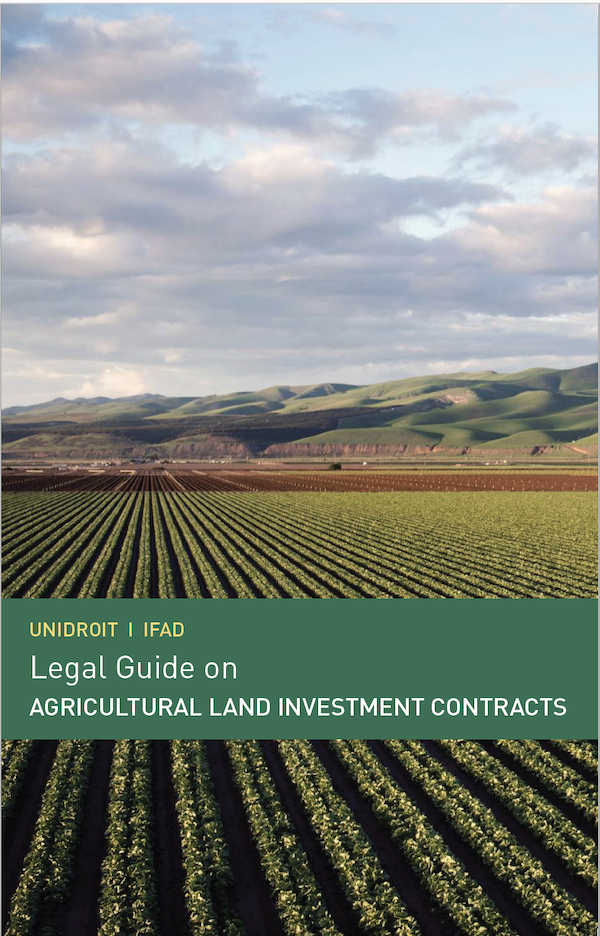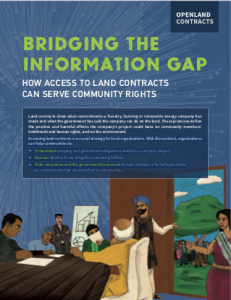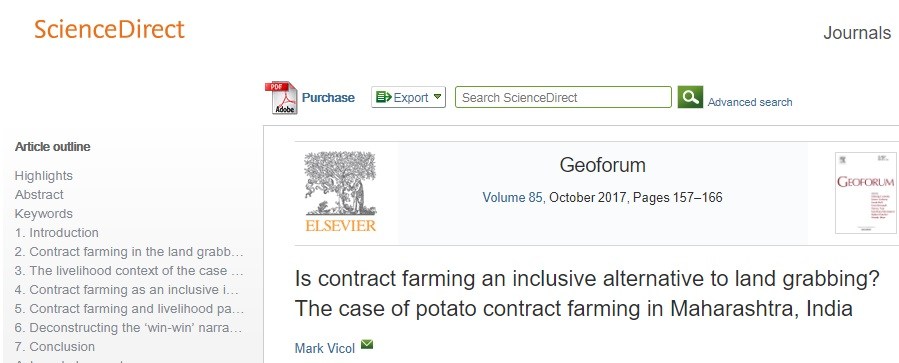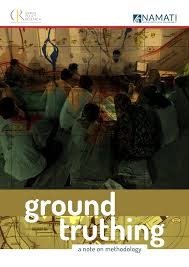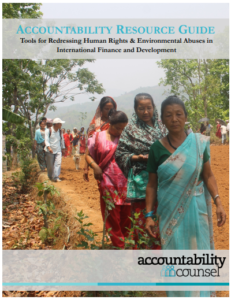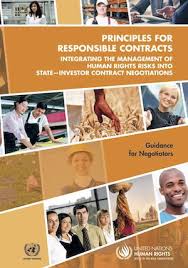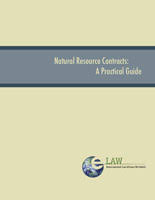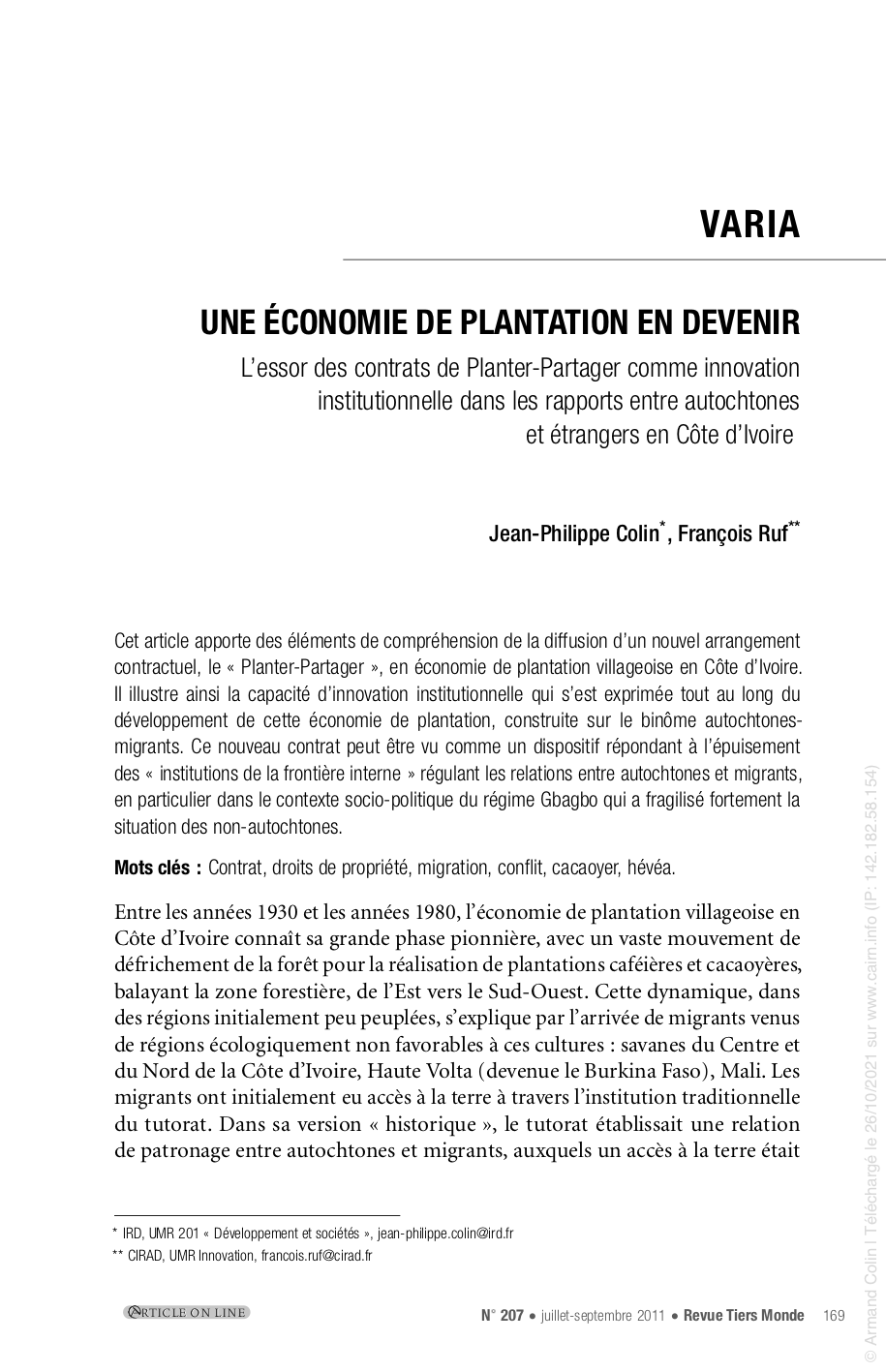Guidance for national and local governments
Countries face severe local and global climate risks with grave social, economic, and environmental costs. Given a significant portion of global emissions are a result of agriculture, forestry, and other land-based investments, governments can mitigate climate risks by ensuring these investments contribute to, rather than undermine, national and global climate goals.

